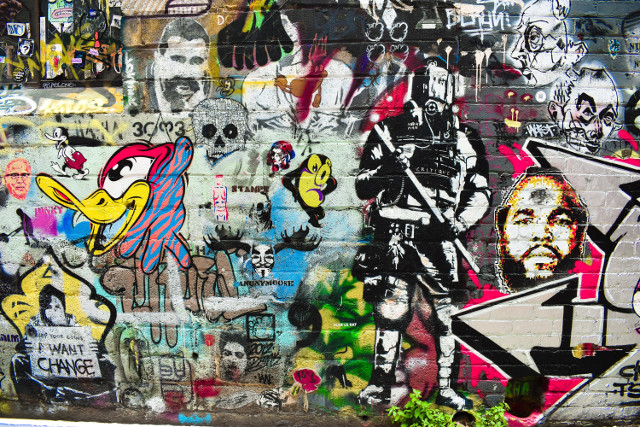
- Big Tech May Be Monopolistic, But It’s Good for Consumers
In short, by the standards of consumer welfare — providing a variety of high-quality products, innovation, low prices — big tech is one of the best things to happen in the economy in decades.
A more subtle argument against big tech involves the future: Yes, many new and innovative products are given away free today. But what effect is big tech having on tomorrow’s prices and innovation?
This argument assumes that big tech is stifling the competition today that tomorrow would lead to innovation or lower prices. I’m not sold. It is certainly true that consumer welfare can be harmed by the absence of products that might have been created if a market had had more competition. But look at what is actually happening: Big tech firms plow revenue into research and development in order to continue creating new and better products. These companies are innovation powerhouses, and there are no signs that that will change.
https://www.bloomberg.com/view/articles/2018-03-20/google-and-amazon-antitrust-fears-are-misplaced
- Why My Open Office Feels … Walled Off
Open offices have been the trend in workplace design for a while now — as of 2014, some 70 percent of office layouts were open — and despite some backlash, they don’t seem to be going anywhere soon. Proponents tout the upsides: collaboration, flexibility, bottom-line savings, attracting millennial workers. But even the biggest fans know all of this comes with a loss of privacy. (New reality: booking a conference room to make a doctor’s appointment.) And though sharing is nothing new to us in 2018 — see: communal tables at restaurants; car rides with strangers — it can feel at odds with how increasingly individualistic and aesthetic-driven our culture has become. Sharing is about more than giving up your personal space — it’s about not being able to personalize your space, either. Designed-for-all means one-size-fits-all, so the shared spaces we exist in — like the offices we spend so much time in — become uniform. The modern office lives and dies by 50 shades of gray.
https://www.phillymag.com/articles/2018/03/17/open-office-personalization/
- How to detect baloney the Carl Sagan way
- Fired FBI director James Comey reveals how Apple and Google’s encryption efforts “drove me crazy”
When Apple and Google announced in 2014 that they would be moving their mobile devices to default encryption, by emphasizing that making them immune to judicial orders was good for society, “it drove me crazy,” he writes. He goes on to lament the lack of “true listening” between tech and law enforcement, saying that “the leaders of the tech companies don’t see the darkness the FBI sees,” such as terrorism and organized crime.
But Comey understood it was an unbelievably difficult issue and that public safety had to be balanced with privacy concerns. Towards the end of the Obama era, the administration developed a technical plan to show it was possible to build secure mobile devices and still allow access to law enforcement in certain cases. During one Situation Room discussion on the issue, Obama acknowledged, “You know, this is really hard.” Comey’s first reaction was “No kidding” but he also appreciated the former president’s humility.
- Amazon warehouse workers skip bathroom breaks to keep their jobs, says report
Workers who pick up products for delivery at a warehouse in Staffordshire, UK use bottles instead of the actual toilet, which is located too far away, Bloodworth reported. They are afraid of being disciplined for idling and losing their jobs as a result, he added. Bloodworth told The Sun in an interview that the warehouse resembled a prison or an airport, with high security scanners that check workers for banned items like hoodies, sunglasses, and phones, and other employees who pat down workers to check for stolen goods.
Bloodworth’s findings are in line with first-hand accounts collected in the survey by worker rights platform Organise, which reported that 74 percent of workers avoid using the toilet for fear of being warned they had missed their target numbers. Rising goals have also taken a toll on employees’ mental health, as 55 percent of them report having suffered depression since working at Amazon. Over 80 percent of workers said they would not apply for a job at Amazon again.
https://www.theverge.com/2018/4/16/17243026/amazon-warehouse-jobs-worker-conditions-bathroom-breaks

Photo by Alex Iby on Unsplash




